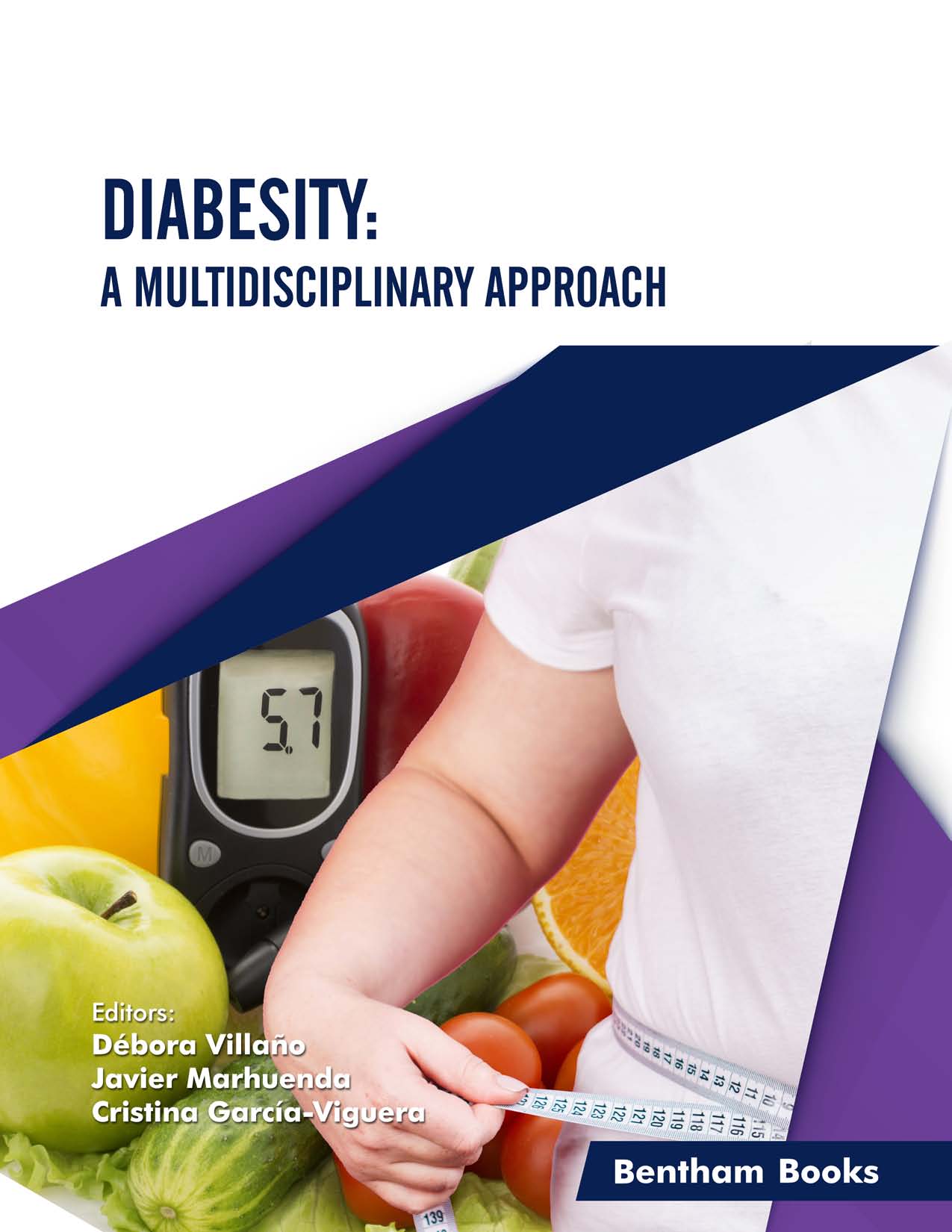Mediterranean Diet and Physical Activity for Reducing Meta-Inflammation in Diabesity

- Authors: Anna Raguzzini1, Luca Massaro2, Elisabetta Bernardi3, Marco Bernardi4, Ilaria Peluso5
-
View Affiliations Hide Affiliations1 Research Centre for Food and Nutrition, Council for Agricultural Research and Economics(CREA AN), Rome, Italy 2 Research Centre for Food and Nutrition, Council for Agricultural Research and Economics(CREA-AN), Rome, Italy 3 Department of Biosciences, Biotechnologies and Biopharmaceutics, University of Bari "AldoMoro, " Bari, Italy 4 Department of Physiology and Pharmacology "V. Erspamer", Sapienza University of Rome, Italy 5 Research Centre for Food and Nutrition, Council for Agricultural Research and Economics(CREA-AN), Rome, Italy
- Source: Diabesity: A Multidisciplinary Approach , pp 78-96
- Publication Date: April 2022
- Language: English
Mediterranean Diet and Physical Activity for Reducing Meta-Inflammation in Diabesity, Page 1 of 1
< Previous page | Next page > /docserver/preview/fulltext/9789815039801/chap5-1.gif
The term diabesity indicates the coexistence of both diabetes and obesity. Meta-inflammation has been identified among the mechanisms that link obesity, type 2 diabetes (T2D) and diabesity-associated non-communicable diseases. Metabolic endotoxemia is associated with oxidative stress, whereas Mediterranean diet (Med-diet) and exercise improve antioxidant defence through a hormetic effect. Therefore, a lifestyle intervention, including Med-diet and exercise, could be the better approach for meta-inflammation in diabesity. Although other diets, including low-glycaemic index, Paleolithic diet, high-protein and high-protein vegetarian diet improve glucose control, Med-diet also has a positive impact on microbiota and body mass. However, some concern still exists about the very-low-calorie ketogenic diet and high protein diet in the long-term. It has also been shown that some plant-foods' bioactive compounds inhibit α-glucosidase or α-amylase, as well as the glucose transporters. Both exercise and some phenolic compounds can increase glucose uptake in skeletal muscle and reduce insulin resistance. Furthermore, the combination of Med-diet and physical activity has a positive effect on body composition and could increase the transition from metabolically unhealthy obesity to metabolically healthy obesity, reducing the obesity-induced T2D.
-
From This Site
/content/books/9789815039801.chap5dcterms_subject,pub_keyword-contentType:Journal -contentType:Figure -contentType:Table -contentType:SupplementaryData105

